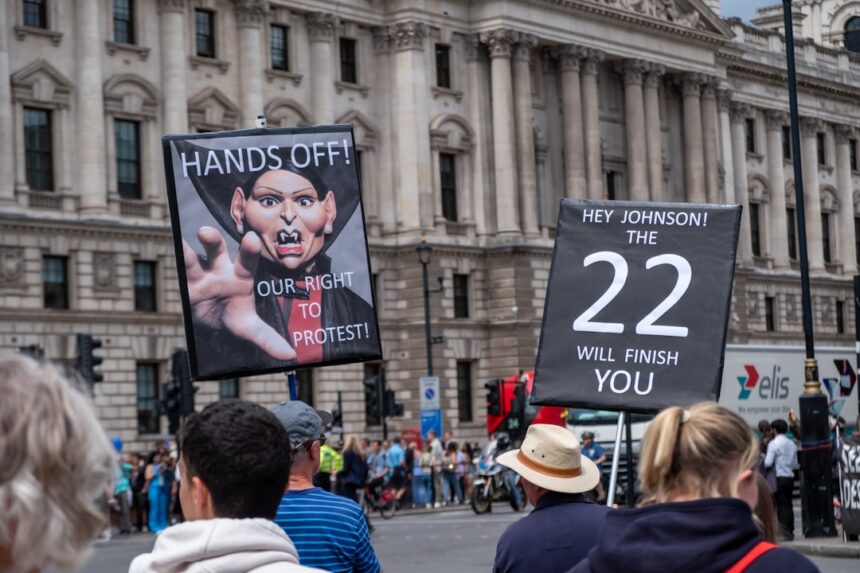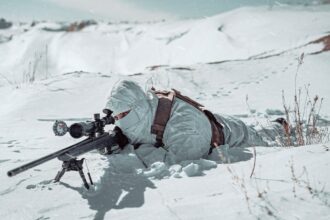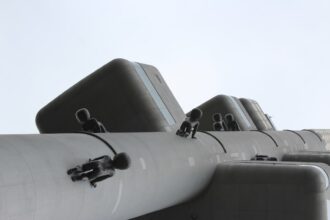In the early years of the Imperial Russian Army, corruption was a pervasive issue that undermined military effectiveness and morale. The army, which was tasked with defending the vast territories of the Russian Empire, was plagued by a culture of bribery and nepotism. Officers often engaged in corrupt practices, such as embezzling funds meant for supplies and equipment, which severely hampered the army’s operational capabilities.
This corruption was not merely an isolated phenomenon; it was deeply rooted in the social and political fabric of Russian society, where favoritism and personal connections often took precedence over merit and competence. The consequences of this corruption were dire. Soldiers frequently found themselves ill-equipped and poorly trained, leading to disastrous outcomes in battles.
The lack of accountability among officers fostered an environment where misconduct could thrive unchecked. As a result, the Imperial Russian Army struggled to maintain discipline and cohesion, which ultimately contributed to its failures in conflicts such as the Russo-Japanese War. The early years of military corruption set a troubling precedent that would echo throughout Russian history, influencing subsequent generations and shaping the trajectory of the nation’s military institutions.
Key Takeaways
- Corruption in the Imperial Russian Army was rampant, with officers often using their positions for personal gain and neglecting the welfare of their soldiers.
- The Bolshevik Revolution brought about some changes in military corruption, but it remained a significant issue throughout the Soviet era.
- The Stalin era saw a peak in military corruption, with widespread bribery, embezzlement, and abuse of power within the armed forces.
- During the Cold War, military corruption continued to thrive in the Soviet Union, with the government turning a blind eye to the problem in favor of maintaining military strength.
- The Afghanistan War further exacerbated military corruption, as the conflict provided opportunities for profiteering and exploitation within the military ranks.
The Bolshevik Revolution and the Impact on Military Corruption
The Bolshevik Revolution of 1917 marked a significant turning point in Russian history, bringing with it a new regime that sought to eradicate the corruption that had plagued the Imperial Army. However, the transition was fraught with challenges. The chaos of civil war and the urgent need to build a new military force led to a continuation of corrupt practices, albeit under different guises.
The Bolsheviks aimed to instill a sense of ideological purity within the ranks, yet the realities of war often led to compromises that allowed corruption to persist. As the Red Army expanded, issues such as bribery for promotions and misappropriation of resources became rampant. The urgency of wartime conditions created opportunities for unscrupulous individuals to exploit the system.
While the Bolsheviks initially sought to implement reforms to combat corruption, their focus on ideological loyalty often overshadowed practical measures. This paradox highlighted the complexities of governance during a time of upheaval, as the new regime struggled to balance its revolutionary ideals with the harsh realities of military necessity.
Stalin Era: The Height of Military Corruption
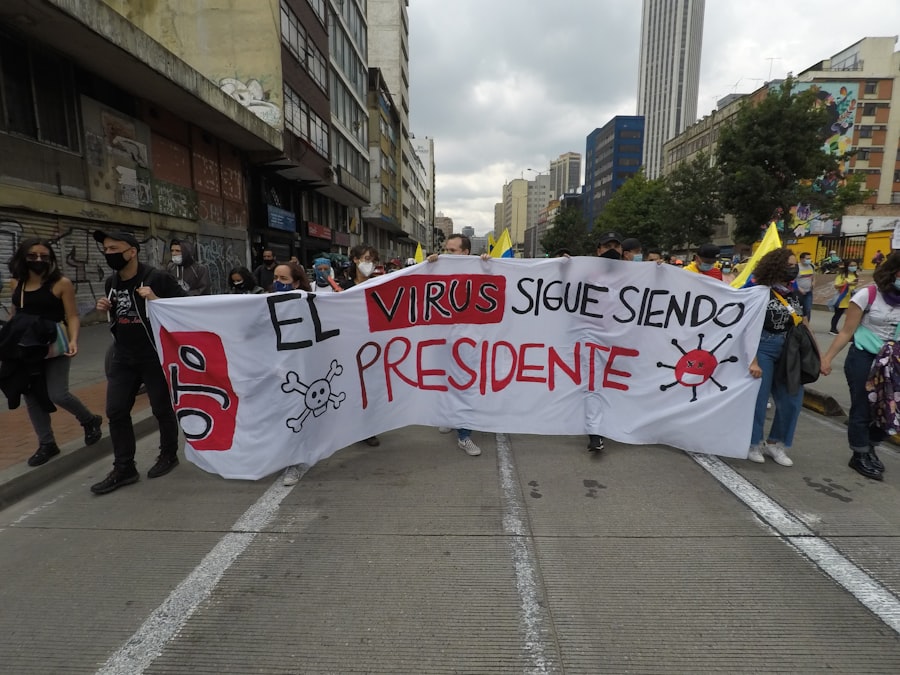
The era of Joseph Stalin marked a period when military corruption reached alarming heights within the Soviet Union. Under Stalin’s leadership, the military underwent significant expansion and modernization, yet this growth was accompanied by rampant corruption that permeated all levels of command. The atmosphere of fear and repression fostered by Stalin’s purges created an environment where loyalty to the regime often took precedence over ethical conduct.
Officers who were more concerned with self-preservation than with their duties contributed to a culture where corruption flourished. Stalin’s focus on rapid industrialization and military buildup led to widespread mismanagement and inefficiency. Resources intended for military development were frequently siphoned off by corrupt officials, resulting in substandard equipment and inadequate training for soldiers.
The consequences were starkly evident during World War II, where initial setbacks for the Red Army can be partially attributed to these systemic issues. Despite the eventual success against Nazi Germany, the legacy of corruption during Stalin’s reign left deep scars on the Soviet military establishment.
The Cold War and Military Corruption in the Soviet Union
| Event | Date | Impact |
|---|---|---|
| The Cold War | 1947-1991 | Heightened tensions between the Soviet Union and the United States, leading to arms race and proxy wars |
| Military Corruption in the Soviet Union | Throughout the Cold War | Weakened military effectiveness, mismanagement of resources, and loss of public trust |
As the Cold War unfolded, military corruption continued to plague the Soviet Union, impacting its strategic posture and international standing. The arms race with the United States necessitated significant investment in military technology and infrastructure; however, this urgency did not eliminate corrupt practices within the military hierarchy. High-ranking officials often engaged in corrupt dealings, diverting funds meant for modernization into personal enrichment schemes.
This not only compromised military readiness but also eroded trust within the ranks. The Cold War environment created a paradox where military leaders were compelled to project strength while grappling with internal weaknesses caused by corruption. The Soviet military’s inability to effectively address these issues became increasingly apparent during conflicts such as the Vietnam War, where Soviet support for North Vietnam revealed significant flaws in strategy and execution.
The disconnect between political rhetoric and military reality underscored how deeply entrenched corruption had become within the Soviet military establishment.
The Afghanistan War and Its Influence on Military Corruption
The Soviet invasion of Afghanistan in 1979 served as a critical juncture that further exacerbated military corruption within the Soviet Union. As troops were deployed to fight in a protracted conflict against insurgent forces, logistical challenges and resource mismanagement became rampant. Corruption flourished in this chaotic environment, with officers often engaging in bribery to secure supplies or favorable postings.
The war’s demands highlighted systemic inefficiencies that had been festering for decades, leading to widespread disillusionment among soldiers. The Afghanistan conflict also exposed the limitations of Soviet military doctrine and strategy, revealing how corruption had undermined operational effectiveness.
As casualties mounted and public support waned, it became increasingly clear that corruption was not merely an administrative issue but a fundamental threat to the Soviet military’s ability to achieve its objectives.
Glasnost and Perestroika: Attempts to Combat Military Corruption
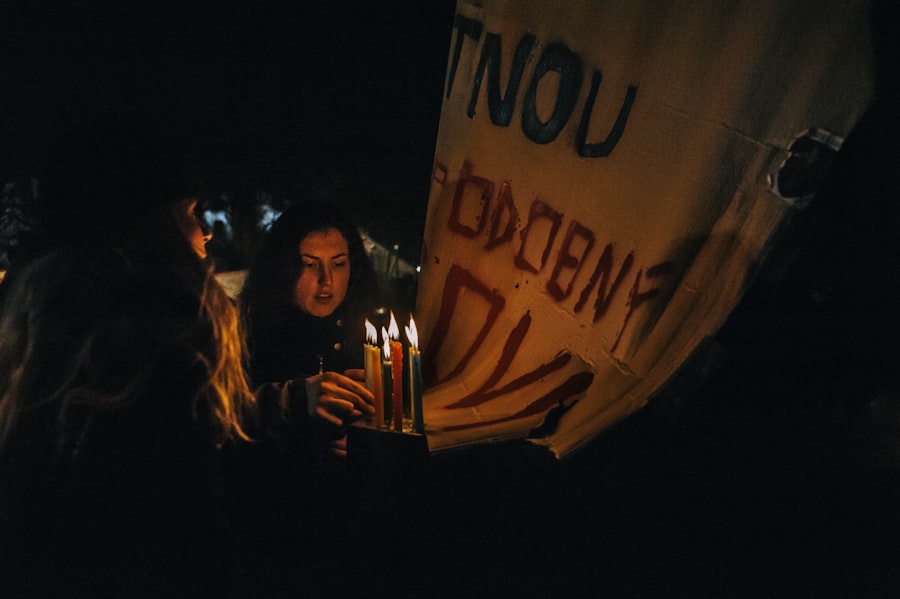
The policies of Glasnost (openness) and Perestroika (restructuring) introduced by Mikhail Gorbachev in the mid-1980s aimed to address some of the systemic issues plaguing Soviet society, including military corruption. Gorbachev’s initiatives sought to promote transparency and accountability within government institutions, including the military. However, these reforms faced significant resistance from entrenched interests that had benefited from corrupt practices for years.
While Glasnost allowed for greater public discourse on issues such as corruption, it also exposed the extent of malfeasance within the military establishment. Investigative reports revealed shocking levels of graft and mismanagement, leading to public outrage and calls for reform. However, Gorbachev’s attempts to implement meaningful changes were often stymied by bureaucratic inertia and a lack of political will among military leaders who feared losing their power and privileges.
Post-Soviet Era: The Legacy of Military Corruption
The collapse of the Soviet Union in 1991 marked a new chapter in Russian history, yet the legacy of military corruption continued to haunt the newly formed Russian Federation. As the country transitioned from a centrally planned economy to a market-oriented system, many former military officials found themselves navigating a landscape rife with opportunities for personal gain. Corruption became endemic in various sectors, including defense procurement, where contracts were often awarded based on connections rather than merit.
The post-Soviet era also saw a decline in military effectiveness as resources dwindled and morale plummeted. Corruption further exacerbated these challenges, leading to a lack of investment in modernization and training. The Russian military struggled to adapt to new geopolitical realities while grappling with internal dysfunctions rooted in decades of corrupt practices.
This legacy would shape Russia’s military policies for years to come, influencing its approach to both domestic security and international relations.
The Role of Military Leaders in Perpetuating Corruption
Military leaders have played a pivotal role in perpetuating corruption throughout Russia’s history. Often motivated by self-interest or loyalty to political elites, these leaders have engaged in practices that undermine accountability and transparency within their ranks. Promotions based on favoritism rather than merit have created an environment where incompetence can thrive unchecked, further entrenching corrupt practices within the military hierarchy.
This has led to decisions that prioritize short-term gains at the expense of long-term strategic planning. As a result, corruption has not only eroded trust within the ranks but has also compromised Russia’s ability to respond effectively to emerging threats on both domestic and international fronts.
The Impact of Corruption on Military Effectiveness
The impact of corruption on military effectiveness cannot be overstated. Throughout Russian history, corrupt practices have consistently undermined operational readiness and strategic capabilities. From inadequate training and substandard equipment to misallocation of resources, corruption has created systemic weaknesses that have hindered Russia’s ability to project power effectively.
Moreover, corruption has fostered an environment where accountability is lacking, leading to poor decision-making at all levels of command. This has resulted in costly mistakes during critical operations and has diminished public confidence in the military as an institution capable of safeguarding national interests. As Russia continues to navigate complex geopolitical challenges, addressing corruption remains essential for enhancing military effectiveness and restoring public trust.
International Perception of Soviet Military Corruption
Internationally, perceptions of Soviet military corruption have shaped how other nations view Russia’s capabilities and intentions. Throughout the Cold War, Western powers often highlighted instances of corruption within the Soviet military as evidence of systemic weaknesses that could be exploited strategically. This narrative contributed to a broader understanding of Soviet vulnerabilities that informed diplomatic relations and military strategies.
In contemporary times, lingering perceptions of corruption continue to influence how Russia is perceived on the global stage. Concerns about transparency and accountability within its military institutions have raised questions about Russia’s reliability as a partner or adversary in international affairs. As other nations assess Russia’s actions and intentions, understanding the historical context of military corruption remains crucial for interpreting contemporary geopolitical dynamics.
Efforts to Reform and Combat Military Corruption
Efforts to reform and combat military corruption have been ongoing throughout Russia’s history but have often faced significant obstacles. Various leaders have attempted to implement measures aimed at increasing transparency and accountability within the armed forces; however, these initiatives have frequently been met with resistance from entrenched interests resistant to change. In recent years, there have been renewed calls for reform as public awareness of corruption has grown alongside demands for greater accountability from government institutions.
Civil society organizations have emerged as advocates for transparency within defense procurement processes, pushing for reforms that prioritize merit-based decision-making over nepotism or bribery. Despite these efforts, meaningful change remains elusive as systemic issues continue to hinder progress. Addressing military corruption requires not only institutional reforms but also a cultural shift within society that prioritizes integrity over personal gain.
As Russia grapples with its complex legacy of corruption, ongoing efforts will be essential for building a more effective and accountable military capable of meeting contemporary challenges.
The history of corruption in the Soviet military is a complex and multifaceted topic that has been explored in various scholarly articles and historical analyses. One related article that delves into the intricacies of military corruption during the Soviet era can be found on the website “In the War Room.” This article provides a comprehensive overview of how corruption permeated different levels of the military hierarchy, affecting both strategic decisions and everyday operations. For more insights into this topic, you can read the full article by visiting In the War Room.
WATCH NOW! 🎖️ Plot Twist: Russia’s Military Is Being Eaten Alive By Its Own Corruption
FAQs
What is the history of corruption in the Soviet military?
The history of corruption in the Soviet military dates back to the early years of the Soviet Union, with instances of bribery, embezzlement, and other forms of corruption being reported throughout its existence.
What were some common forms of corruption in the Soviet military?
Common forms of corruption in the Soviet military included bribery for promotions, embezzlement of military funds, theft of military equipment, and the use of connections to avoid military service or secure favorable postings.
How did corruption impact the effectiveness of the Soviet military?
Corruption in the Soviet military had a detrimental impact on its effectiveness, leading to a lack of trust among soldiers, inefficiency in resource allocation, and a decline in morale and discipline.
What measures were taken to combat corruption in the Soviet military?
The Soviet government implemented various measures to combat corruption in the military, including periodic anti-corruption campaigns, the establishment of internal investigative bodies, and the prosecution of high-profile cases of corruption.
Did corruption in the Soviet military contribute to its eventual collapse?
While corruption was not the sole factor in the collapse of the Soviet Union, it did contribute to the overall decline of the military and the erosion of public trust in the government, which ultimately played a role in the Soviet Union’s dissolution.
